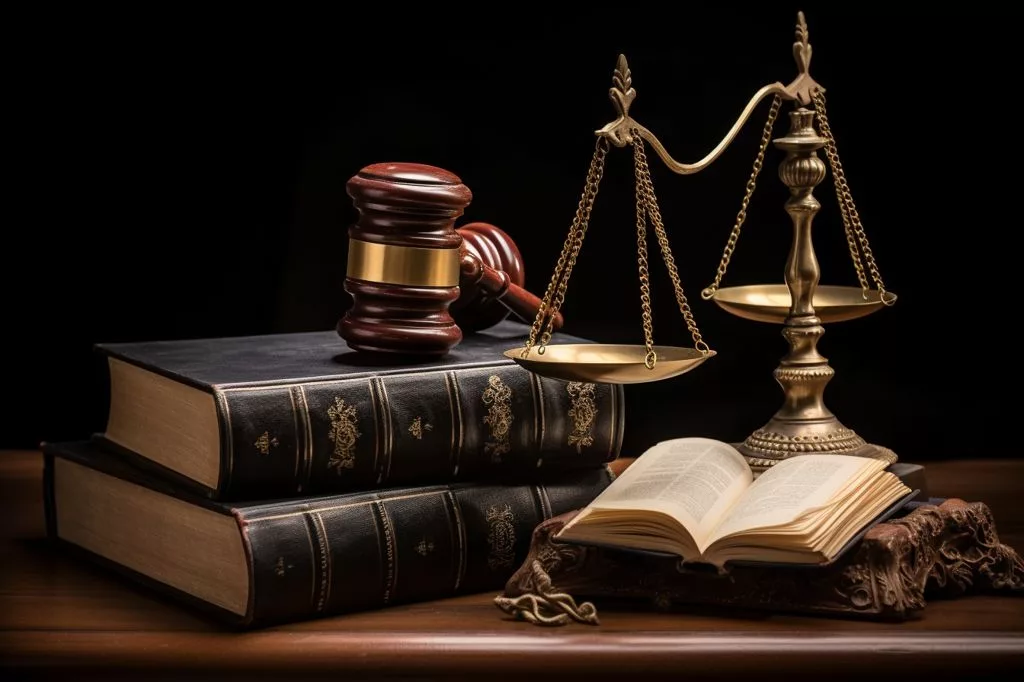It is essential to maintain the independence of the judiciary in a time of increasing political polarization and populist discourse. Personal attacks and conspiracy theories targeting judicial officers undermine public trust in the judicial system. The autonomy of the judiciary must be preserved through established protocols and appropriate channels for voicing concerns. The recent incident involving an EFF leader highlights the challenges faced by modern democracies in upholding the rule of law and preserving judicial integrity.
How can the autonomy of the judiciary be maintained amidst political polarization?
In an era of growing political divisiveness and populist rhetoric, it is crucial to maintain the independence of the judiciary. All those involved in the legal framework should follow established protocols, and resorting to populist methods weakens public faith in the judiciary. It is important to voice concerns through appropriate channels, such as submitting complaints to the Judicial Services Commission or the Magistrates Commission.
Ensuring Judicial Independence Amidst Political Polarization
In a time characterized by growing political divisiveness and populist discourse, maintaining the autonomy of the judiciary is crucial. The recent dispute involving the leader of the Economic Freedom Fighters (EFF) and his assault on a judicial officer highlights the importance of this principle. The Ministry of Justice and Correctional Services has taken a public stance against the inflammatory remarks in an effort to protect the integrity of the judicial system.
The incident transpired after the EFF leader made an appearance in the Magistrate Court in East London. Although critiquing and discussing judicial decisions is a crucial component of democratic conversation, personal attacks and conspiracy theories targeting judicial officers jeopardize their independence. The situation becomes even more severe considering the person in question is a member of the Judicial Services Commission.
In order to maintain the sanctity of the judicial process, it is essential for all those involved in the legal framework to abide by established protocols. Resorting to populist methods not only compromises due process but also weakens public faith in the judiciary. Consequently, it is crucial for individuals to voice their concerns through appropriate channels, such as submitting complaints to the Judicial Services Commission or the Magistrates Commission, depending on the circumstance.
Challenges for Modern Democracies and the Judiciary’s Role
This particular issue illuminates the wider trials faced by modern democracies across the globe. The emergence of populism and the decline of trust in institutions have resulted in numerous situations where judicial officers are subjected to unwarranted criticism and personal attacks. By taking a stand against such conduct, the Ministry of Justice and Correctional Services powerfully communicates that the rule of law must be upheld, and the autonomy of the judiciary must remain inviolate.
Throughout history, art and literature have demonstrated the vital function of the judiciary in preserving justice and maintaining societal order. From Shakespeare’s “Measure for Measure” to the legendary figure of Lady Justice, the symbolism and importance of the judiciary’s impartiality have been eternally commemorated. Nevertheless, maintaining this impartiality demands persistent vigilance and a shared dedication to supporting existing channels of accountability.
In South Africa, like in other democracies, the Constitution enshrines the separation of powers and guarantees the independence of the judiciary. This constitutional framework is essential for protecting the rights and liberties of all citizens. An autonomous judiciary, free from political interference and public pressure, is necessary for dispensing justice fairly and impartially.
Upholding Judicial Integrity in a Digital World
The recent event involving the EFF leader is a potent reminder that the independence of the judiciary must never be presumed. In order to sustain public trust in this indispensable institution, it is vital for all parties to respect established channels of accountability and avoid indulging in populist rhetoric that jeopardizes the judiciary’s integrity.
In an increasingly interconnected world, South Africa’s judiciary faces challenges that are not exclusive to the nation. The digital age has intensified populist voices and provided individuals with a platform for disseminating derogatory remarks about judicial officers. To counteract this adverse trend, it is critical for the public to acknowledge the key role played by the judiciary in upholding the rule of law and support endeavors aimed at preserving its integrity.
One such effort is the Department of Health’s Covid-19 online resource and news portal, which offers current information on the pandemic and governmental responses. By supplying accurate and dependable data, the portal plays a critical part in combating misinformation and nurturing increased public trust in government institutions, including the judiciary.
In conclusion, the recent controversy surrounding the EFF leader is a stark reminder that the independence of the judiciary must be safeguarded at all costs. Through condemning such attacks and encouraging established channels of accountability, the Ministry of Justice and Correctional Services is setting a firm precedent for preserving judicial integrity in South Africa and beyond.
1. What is the importance of maintaining the independence of the judiciary?
Maintaining the independence of the judiciary is critical for upholding the rule of law and preserving public trust in the judicial system, especially in a time of political polarization and populist discourse.
2. What challenges are faced by modern democracies in preserving judicial integrity?
Modern democracies face challenges in preserving judicial integrity due to the emergence of populism and the decline of trust in institutions, resulting in unwarranted criticism and personal attacks on judicial officers.
3. What happened in the recent incident involving an EFF leader?
The EFF leader assaulted a judicial officer after appearing in the Magistrate Court in East London, highlighting the importance of maintaining the autonomy of the judiciary and preserving its integrity.
4. How can concerns about judicial decisions be voiced appropriately?
Concerns about judicial decisions should be voiced through established channels of accountability, such as submitting complaints to the Judicial Services Commission or the Magistrates Commission.
5. What is the role of the judiciary in South Africa’s Constitution?
South Africa’s Constitution enshrines the separation of powers and guarantees the independence of the judiciary, which is essential for protecting the rights and liberties of all citizens.
6. How has the digital age affected the judiciary’s integrity?
The digital age has intensified populist voices and provided a platform for disseminating derogatory remarks about judicial officers, which threatens the judiciary’s integrity. It is important to counteract this trend by supporting efforts aimed at preserving the judiciary’s independence.
7. What is the Department of Health’s Covid-19 online resource and news portal?
The Department of Health’s Covid-19 online resource and news portal offers current information on the pandemic and governmental responses, which helps combat misinformation and nurtures increased public trust in government institutions, including the judiciary.
8. What precedent is the Ministry of Justice and Correctional Services setting?
Through condemning attacks on judicial officers and encouraging established channels of accountability, the Ministry of Justice and Correctional Services is setting a firm precedent for preserving judicial integrity in South Africa and beyond.








